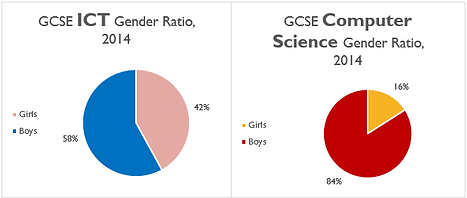Code a Colony - Research & Development

^ Team B, Code a Colony under development (while approaching the submission deadline)
Background
CodeAColony is intended to reinforce and supplement computer science topics (algorithms and logic) that have become a fundamental part of the national curriculum at Key Stage 3. These recent computing-focused curriculum reforms were instigated largely by pressure from tech industry leaders, asserting that significant change will be essential if the UK is to remain globally competitive in certain computer-focused disciplines.
Next Gen, for example, is a report published in 2011, strongly recommending that the UK curriculum be reformed to include computer science as an essential discipline, at Key Stage 3 and younger. The report also strongly recommended the use of gaming and visual effects within classrooms, suggesting, “Schools harness the ‘cool factor’ and technology potential of video games and visual effects to draw in more young people to computer science.”
It is too early to see the industry ramifications of the reforms to the national curriculum, but so far the indications are that the classroom experience has not been enough to effectively draw children in, particularly girls. The charts to the left reveal the popularity gap and gender disparity between ICT (focused merely on how to use popular software packages) and the newly introduced Computer Science (focused on fundamental topics such as logic, algorithms and data representation). (Data gathered from the Joint Council for Qualifications ‘Results 2015’).
Despite this, as part of further reforms, the government announced plans in November 2015 to scrap GCSE and A-Level ICT altogether. The intention is to cast more focus on computer science. As stated in the original document, ministers have “taken the decision not to approve two GCSEs and A levels in a similar qualification space. The IT GCSE and IT A level will not be redeveloped.” This has sparked significant debate, largely hinging on concerns about further alienation and a narrowing of the curriculum for girls.
In this context, it was clear that we should develop a game with a gender netural theme, and something that could really get children excited about what's possible through computer programming, while also reinforcing the algorithm and logic focused aims of the recent national curriculum reforms. (see market research)




